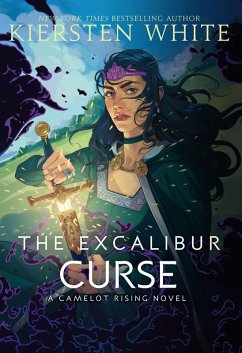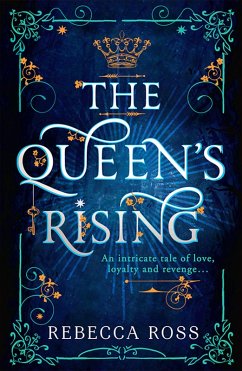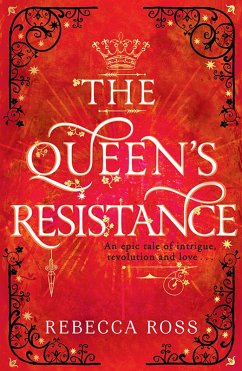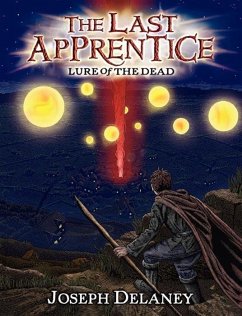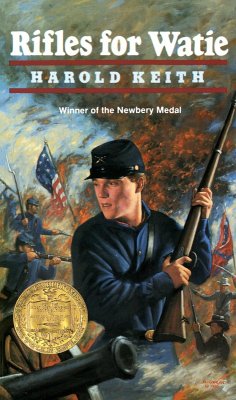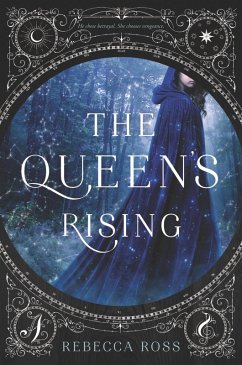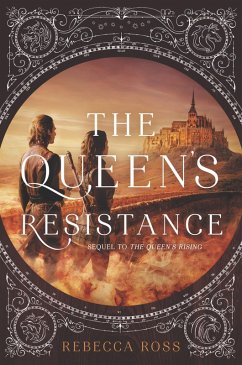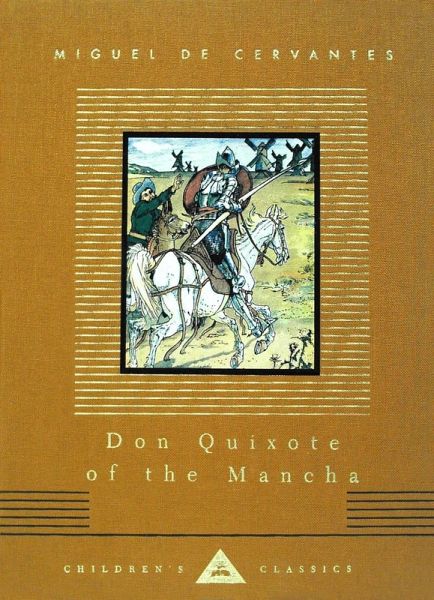
Don Quixote of the Mancha (eBook, ePUB)
Retold by Judge Parry; Illustrated by Walter Crane
Illustrator: Crane, Walter

PAYBACK Punkte
2 °P sammeln!
The story of the Spanish knight whose devotion to tales of chivalry leads him and his faithful squire, Sancho Panza, into a series of bizarre adventures blends fantasy, comedy, and drama in a way that has gripped the world's imagination for centuries. This edition has been abridged and adapted for children, and enhanced by the delightful illustrations of Walter Crane.
Dieser Download kann aus rechtlichen Gründen nur mit Rechnungsadresse in A, B, BG, CZ, D, DK, EW, E, FIN, F, GR, HR, H, I, LT, L, LR, NL, PL, P, R, S, SLO, SK ausgeliefert werden.




